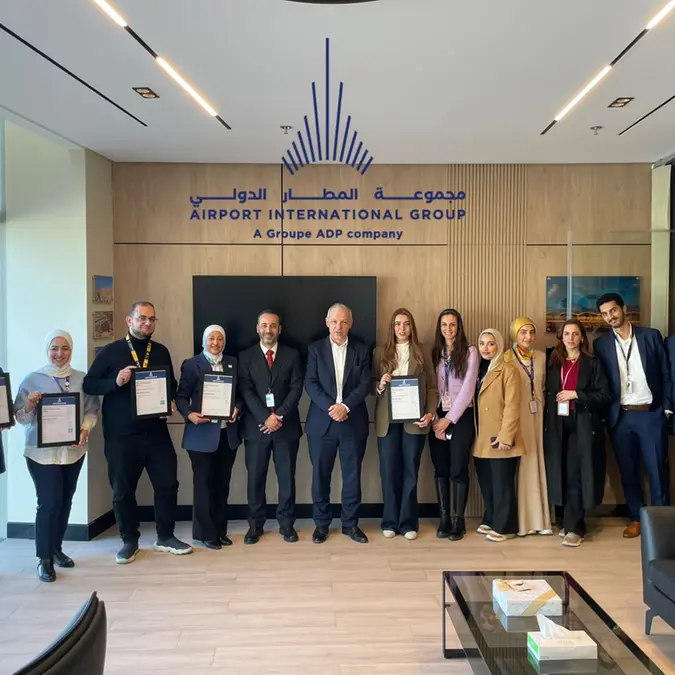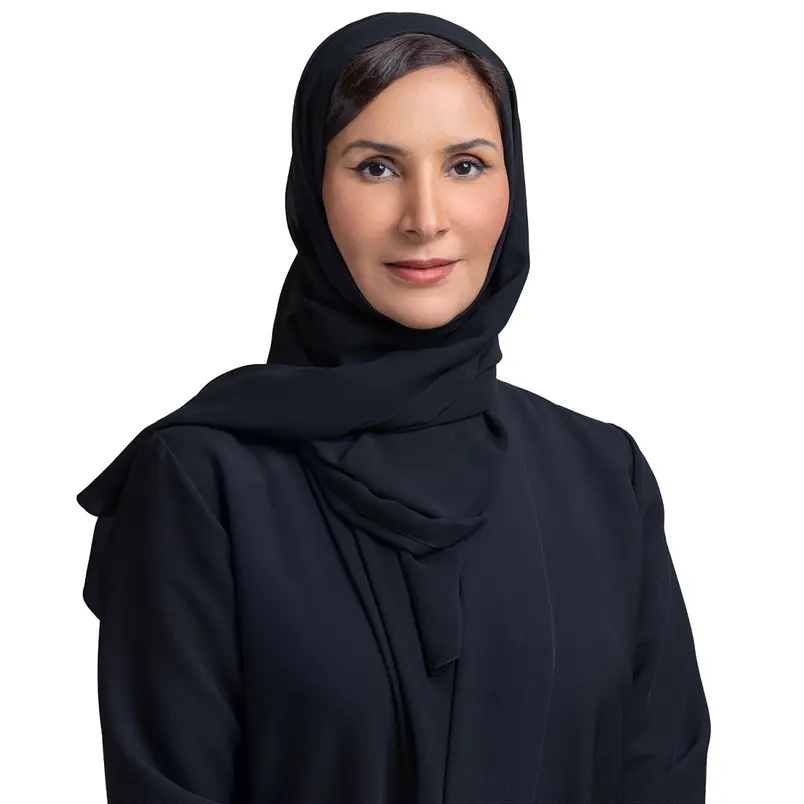
The eruption of violence in the Kingdom of Eswatini in recent days is “deeply concerning”, amid reports that dozens of people have been killed or injured during protests calling for democratic reforms, the UN human rights office, OHCHR, said on Tuesday.
Unrest first began in the last absolute monarchy in Africa, in May, when students took to the streets to call for accountability for the death of a 25-year-old law student, allegedly at the hands of the police.
In late June, these protests grew into daily pro-democracy marches in several locations around the Kingdom, with protesters voicing deep-seated political and economic grievances, said OHCHR, in the regular briefing for reporters at the UN in Geneva.
Eswatini, formerly known as Swaziland, gained independence 53 years ago, and is ruled by King Mswati III. He chooses the prime minister and cabinet, and has the power to dissolve Parliament.
‘Unnecessary’ use of force
OHCHR Spokesperson Liz Throssell, said her office had received allegations of “disproportionate and unnecessary use of force”, harassment and intimidation by security forces, including the use of live ammunition by police.
She urged the authorities in Eswatini to “fully adhere to human rights principles in restoring calm and the rule of law, in particular the obligation to minimise any use of force.
“We also call on the Government to ensure that there are prompt, transparent, effective, independent and impartial investigations into all allegations of human rights violations”, she added, “including those by law enforcement personnel in the context of the demonstrations, and that those responsible are held to account.”
She reminded authorities that peaceful protests are protected under international human rights law, “including under Article 21 of the International Covenant on Civil and Political Rights, to which the Kingdom of Eswatini is a State Party.”
Internet blocked
The OHCHR Spokesperson also expressed concern at reports that Internet services were disrupted last week and called on authorities “to take all steps to ensure that Internet access is not blocked.”
Ms. Throssell urged the Government of the Kingdom “to open up a longer-term dialogue to air and address the underlying public concerns that have given rise to these recent protests.
“We remain committed to working with the Government of Eswatini to strengthen human rights promotion and protection, including support and guidance in implementing recommendations by UN human rights mechanisms, including guaranteeing the rights to freedom of expression, of peaceful assembly and to freedom of association, as well as the right of people to participate in the conduct of public affairs.”
Distributed by APO Group on behalf of UN News.
© Press Release 2021
Disclaimer: The contents of this press release was provided from an external third party provider. This website is not responsible for, and does not control, such external content. This content is provided on an “as is” and “as available” basis and has not been edited in any way. Neither this website nor our affiliates guarantee the accuracy of or endorse the views or opinions expressed in this press release.
The press release is provided for informational purposes only. The content does not provide tax, legal or investment advice or opinion regarding the suitability, value or profitability of any particular security, portfolio or investment strategy. Neither this website nor our affiliates shall be liable for any errors or inaccuracies in the content, or for any actions taken by you in reliance thereon. You expressly agree that your use of the information within this article is at your sole risk.
To the fullest extent permitted by applicable law, this website, its parent company, its subsidiaries, its affiliates and the respective shareholders, directors, officers, employees, agents, advertisers, content providers and licensors will not be liable (jointly or severally) to you for any direct, indirect, consequential, special, incidental, punitive or exemplary damages, including without limitation, lost profits, lost savings and lost revenues, whether in negligence, tort, contract or any other theory of liability, even if the parties have been advised of the possibility or could have foreseen any such damages.



















